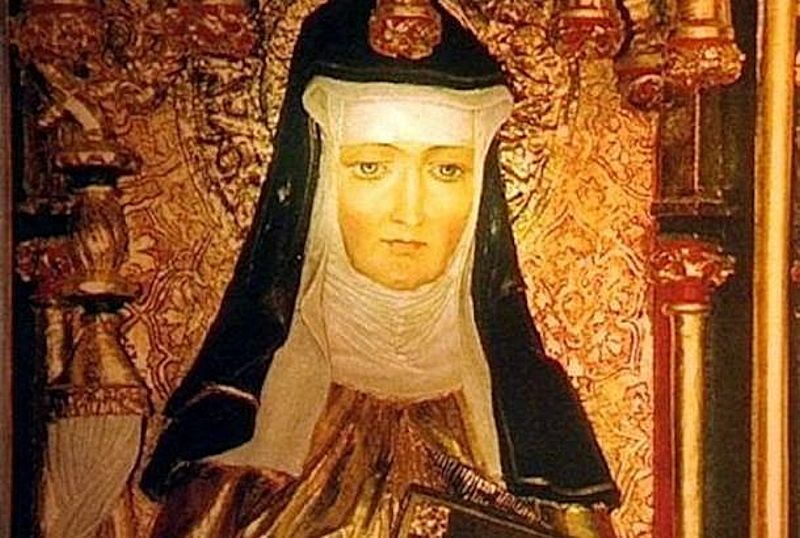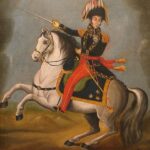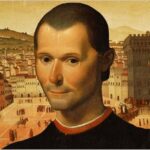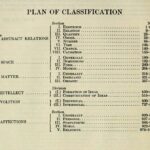John Dunstable (1390 – 1453)
John Dunstaple (c.1390-1453), once more often spelled Dunstable, was one of the most influential composers of the early fifteenth century. Dunstaple’s persona took on such a mythological character among later authors that it is this awe which is most discernible today, rather than any underlying facts. Indeed, few details ofContinue Reading








